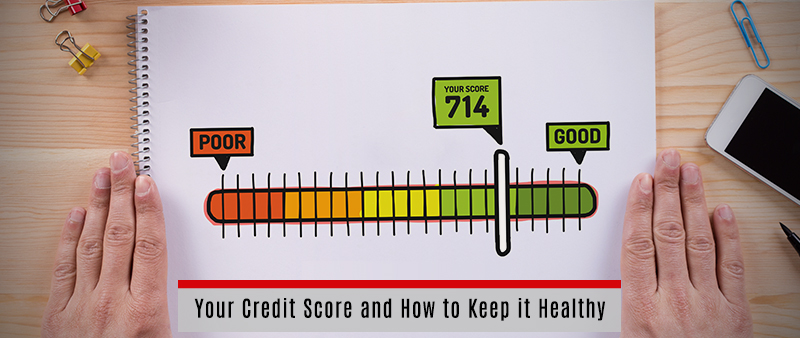
It may seem strange, but three simple numbers can affect almost every aspect of your life. Your credit score is important, as it determines your worthiness as a borrower based on your payment history and the credit you’ve built up over time. This score can influence where you choose to live, your ability to borrow money or apply for a credit card, or even where you end up working.
Maintaining a healthy credit score can truly change your life for the better. However, it’s important to know the different ways your credit score can be impacted for the worse. Here are a few factors that could negatively affect your credit score:
- Not making payments on time. One late payment probably won’t do much damage to your credit score. However, if you have a history of making late payments (or missing payments altogether), your credit score is likely to go down. Lenders receive information from your credit report regarding your payment history from the last 12 to 24 months, so if it doesn’t look good, the less likely you are to be approved for a loan or a credit card as you may be considered high risk for nonpayment.
- You need more credit. It’s one thing to have good credit — but do you have *enough* good credit? It takes time, but people should start building good credit early in their adult lives in order to benefit in the long run. You can start building a substantial credit history by applying for Polam’s VISA credit card; if you’re approved, use your card to make purchases and pay off the balance in full when it’s due (so be careful about overspending).
- You’ve made too many credit inquiries. When you apply for credit, be it a credit card or any kind of loan, lenders receive a copy of your credit history. This is considered a credit inquiry, and if you’ve made too many inquiries over any short time frame, it’s generally seen as a red flag. An excessive amount of inquiries can be looked at as having a history of being denied loans or credit cards.